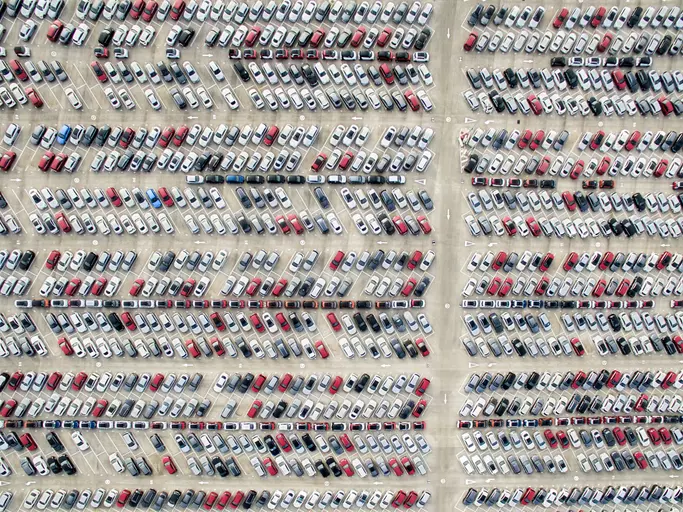Commenting on the SMMT car registration figures, Jonathan Moss, partner and head of transport at DWF said:
"New car registrations figures have again declined 4.6% in part because of the current economic and political ambiguity around the impact of Brexit and uncertainty around the changes in political leadership.
"Diesel car registration numbers in particular have seen the biggest drop (-18.3%) owing to the widespread and on-going anti-diesel sentiment, which has developed in the face of policy and regulatory turmoil, and which has hindered business' and consumer's confidence across the board. Despite this, diesel vehicles still represent a significant instrument towards meeting current environmental targets, being 15%-20% more efficient that their petrol equivalent, which, on the other hand, have seen a marginal increase in registration figures. These figures certainly put additional pressure on the government, as the slow decline in petrol vehicle registration is insufficient to meet ambitious CO2 emission targets.
"On the other hand, AFVs (Alternatively Fuelled Vehicles) continue to see a solid period of growth. Nevertheless, this growth is not sufficient to tip overall registration figures into overall growth. Policy makers need to devise much more aggressive incentives strategies, in order to make AFV vehicles significantly more affordable and appealing to customers who are impeded by the high price tags for the electric cars and electric hybrid vehicles.
"From an industry perspective, the current market also puts a significant strain on manufacturers, who are dealing with increasing pressure on carbon emission standards in the face of significant uncertainty and declining registrations numbers."
For more information, please contact:
Nahidur Rahman, Senior PR Manager
Tel: +44 7851 796943
Email: nahidur.rahman@dwf.law
Alternatively, contact the DWF press office on press.office@dwf.law














